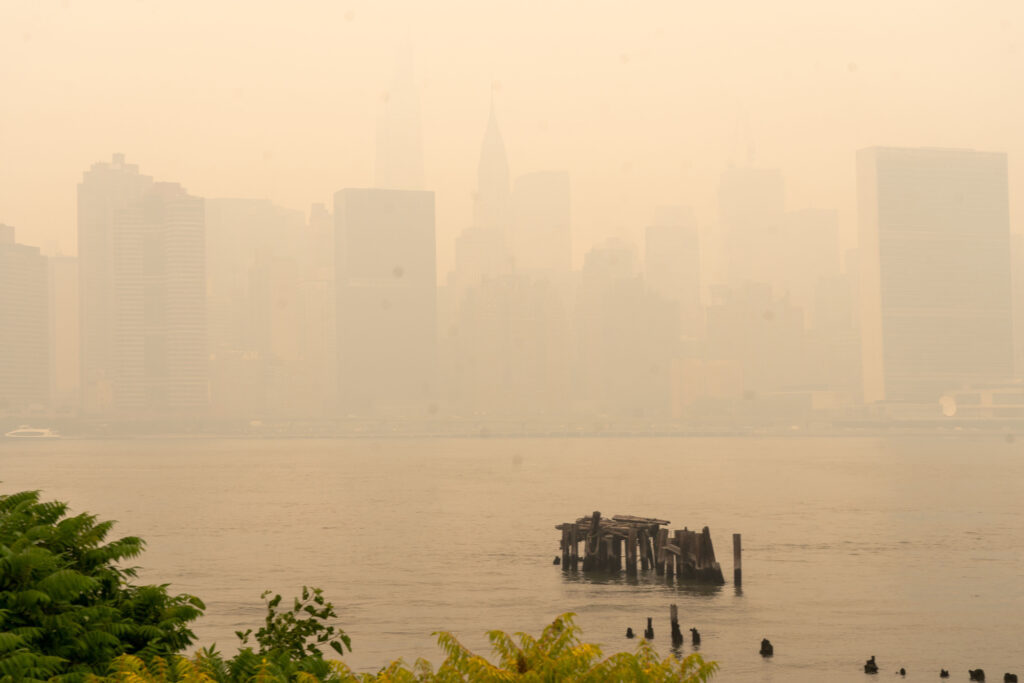
In 2014, Joe Duggan started reaching out to climate scientists to ask them a question: how did climate change make them feel?
“I was just blown away when I started getting the letters back,” he says.
Duggan, a science communicator at Australian National University, set up a website and starting publishing the mostly handwritten responses.
“[Professor] Katrin Meissner was one of the first, and her letter really hit me. It was so … unscience-y. Almost poetic.”
“It makes me feel sad. And it scares me,” Meissner wrote.
“It scares me more than anything else. I see a group of people sitting in a boat, happily waving, taking pictures on the way, not knowing that this boat is floating right into a powerful and deadly waterfall.”
In the end, more than 40 scientists responded – many leaders in their field. Some wrote neatly on lined notepaper, others scrawled on the back of student papers they were marking.
“It became a big part of my life,” Duggan says. “I felt a little bit out of my depth. It took its toll on me and in the end I felt I had to step away. I went into my shell and pretty much turned off my phone for three years.
“But I’ve got some emotional resilience back now. My partner and I found out we’re pregnant – due in August. I don’t want that kid to grow up asking why we didn’t actually do anything.”
So Duggan has returned to his “passion project” – Is This How You Feel – by asking the scientists to write again. Have their feelings changed in the intervening years?
The first 10 return letters are emotional outpourings of despair, hope, fear and determination in the age of the climate crisis, from the people helping the world understand its impacts while also being mums, dads and grandparents.
Since the first letters were written, two Australian correspondents Tony McMichael and Michael Raupach have died. But Duggan is trying to reach their family members to see if they can keep the legacy moving.
Meissner, now director of the Climate Change Research Centre at the University of New South Wales, didn’t hesitate to respond partly because “it was the right thing to do”.
“But also because we have not been very good at communicating climate science to the public and I believe that it is my duty as a citizen to alert people to the urgency of the situation.”
But does Meissner think there’s a risk in scientists lifting their veil of cool objectivity to show their personal feelings? Could it cause some to question their objectivity?
“I actually think that the opposite is the case,” she says. “When I saw the whole collection of letters a few years ago, I was surprised by the number of colleagues who had participated.
“We are talking here about world-leading scientists, people who built their career on facts and data, who are spending their lives questioning every result they find, over and over again. People who are continuously challenging the status quo. People who are trained to be objective.
Leave a Reply